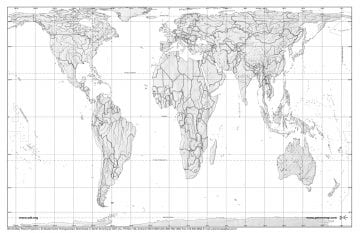About
Purpose: In December 2016, researchers from the Faculty of Humanities made an initiative to establish a network to bring together the various experts of the University of Turku who focus on issues concerning Global South. In addition to getting to know each other and the ongoing projects, the purpose is to create opportunities to embark on joint, interdisciplinary research. Currently, our network consists of several researchers ranging from doctoral researchers to professors – and the aim is to expand.
These webpages make us visible to each other and externally. Here, you find information on the different researchers, their research interests, expertise and ongoing projects that cover several disciplines, topics, and themes. Through these pages, the mailing list and X account, we also inform about seminars and other events we organize.
Wish to join? Come to our events and subscribe the UTU Global South Network mailing list.
Contact us! Send e-mail to our mailing list gsnetwork@utu.fi (works only with utu-addresses) or contact an individual researcher (find their contact details here).
Global South? Global South can, of course, be understood as the southern hemisphere of the globe. However, as a concept, Global South is also a critical one and has at least three more meanings. First, it originated as an alternative to the term “Third World” to describe the economically disadvantaged states. Following the post-national development, and thus in a less-territorially bound way, the term Global South started to refer to spaces and peoples negatively impacted by contemporary capitalist globalization. Here, the epithet “global” blurs the strict geographical borders, and it is acknowledged, for instance, that there are “economic Souths” in “geographical Norths”, and vice versa. The third meaning of Global South succeeds from the disconnection to a location: Global South may refer to the political subjectivity and imaginaries resulting from individuals’ shared experience of subjugation under contemporary global capitalism. (abridged from Mahler: What/Where is the Global South?).
Thus, Global South is a problematic term. Despite the way it is understood, it is vague, polarizing, and continues to imply geographical determinism. However, we wish to find and create synergy between those researchers, their networks, projects, and other activities that concern the southern parts of the world and those that focus specifically on solving global inequalities. For this purpose, Global South is a term that seems to gather the relevant actors. To learn from each other, we welcome all researchers aboard despite the various ways the theme is approached. This way we can also bridge gaps between disciplines and paradigms as well as increase multi-, inter-, and transdisciplinary collaboration – which is likely to lead to more sustainable and just development on various scales.



